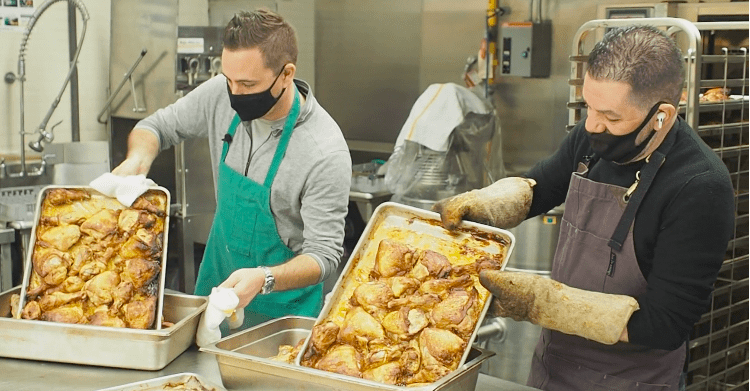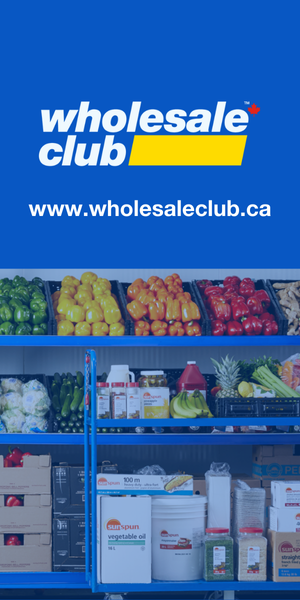The Next Normal: Bringing the wholesale restaurant supply chain online
By Jordan Huck, CEO, Notch
Even at the best of times, running a profitable restaurant business has historically been challenging given the extremely tight margins. While no stranger to highs and lows, COVID-19 has put the already beleaguered foodservice industry to the test.

Today smart operators have to be even more acutely aware (and ambitious) about finding ways to cut costs. With many consumers slow to return to in house dining, and delivery apps the norm, a percent here and there can add up.
Although the pandemic has forever changed the foodservice industry, improving profit margin can still only happen one of two ways: an increase in sales or a decrease in expenses.
Since food expenses account for about 40 percent of a restaurant’s revenue, it’s naturally a good place to start.
However, cutting food expenses must not be about buying less or cheaper, lower quality ingredients. It should – and can be – about reducing waste and inefficiencies within the restaurant supply chain. Up until now, this has been a major challenge due to the very nature of the food ordering process, traditionally handled with pen and paper, multiple spreadsheets, phone calls, text messages and emails.
Notch, a Toronto based startup is changing that by bringing the entire supply chain online. The all-in-one platform allows them to shop 100,000 wholesale food supply skus with price transparency, invoice, track orders, receive real time inventory updates, and reliably forecast.
With Notch, tracking food orders through clipboards, and relying on guesswork to determine the exact prices of food supplies quickly becomes a forgotten nightmare. Operators no longer have to spend hours trying to find the best price or juggle up to seven different distributors at once. They can stop worrying about botched or late orders, food waste and the extra hidden cost of wasted time.
While the wholesale food ordering process is time consuming, it becomes even more problematic for ghost kitchen operators. For example, Ghost Kitchen Brands locations prepare food from iconic brands like Cinnabon, Quizno, and Cheesecake Factory all under one roof. With multiple brands, consolidation of food ordering across numerous locations as well as payment for a disparate group of suppliers is crucial to survival.
Notch’s purpose-built, cloud-based solution brings much needed transparency and helps operators manage a highly fragmented and geographically dispersed supply chain. In fact, thanks to Notch, Ghost Kitchen Brands is tracking toward its goal to save nearly 10 per cent in food expenses.
Digitalization leads to better customer experiences
For expanding restaurant chains like Paramount, which has grown from one location to more than 45 restaurants across the GTA, wholesale food supply ordering was becoming increasingly difficult. Each franchisee was spending hundreds of hours a year to manage food ordering, which was interfering with customer service..
Customer service is something the foodservice industry can’t afford to jeopardize as it’s directly connected to revenue. According to a Harvard Business School study on Starbucks, a satisfied customer visits 4.3 times per month, spends $4.06 and is a customer for 4.4 years. A highly satisfied customer visits 7.2 times per month, spends $4.42 and is a customer for 8.3 years. The difference is crucial.
Paramount Fine Foods turned to Notch to bring its entire supply chain online, consolidate ordering operations, and handle invoicing and payments for all its locations through one application with all its preferred distributors. Notch also integrated seamlessly into the company’s inventory management system, immediately eliminating the need for manual entry of food supplies and providing a real time view of inventory and costs. Ultimately, Notch gave back time — an estimated 500 hours a year per restaurant — so that operators could better focus on customers.
Notch’s platform solution helps thousands of restaurants and distributors across North America buy and sell products, increase visibility, decrease food waste, save time, and reduce costs by offering tools that digitize all aspects of the wholesale foodservice supply chain. It could help you too.








